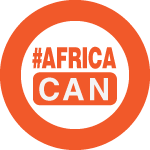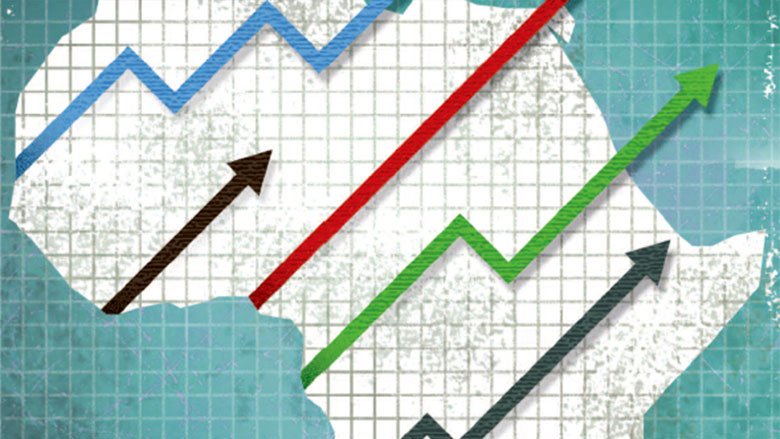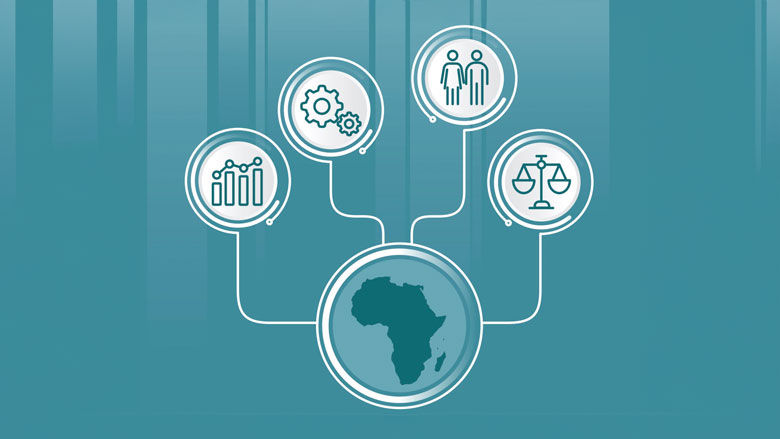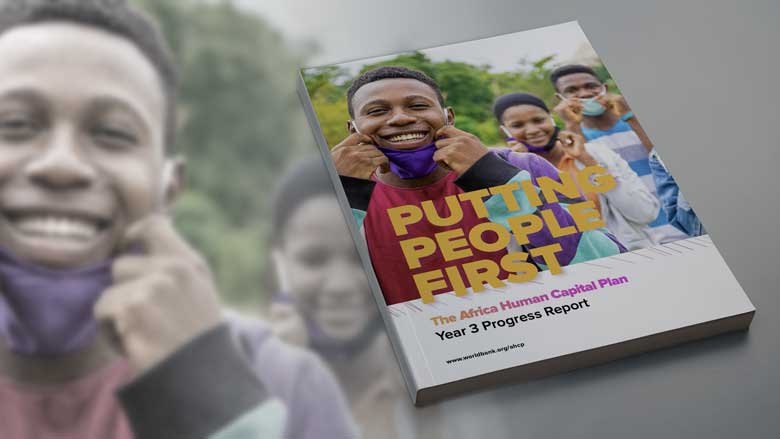The COVID-19 pandemic has sent shockwaves around the world, overwhelming health systems, upending lives, disrupting globalized systems and supply chains, and undermining development gains in many of the poorest countries. While Sub-Saharan Africa appears to have avoided a catastrophic health scenario and life is taking on a sense of normalcy, the region continues to face scarring effects from the pandemic. Economic growth in the region is expected to decelerate from 4.1% in 2021 to 3.3% in 2022 compared to advanced economies that are expected to revert to the pre-pandemic growth trend in 2022. The region must therefore remain vigilant for future outbreaks to safeguard growth and economic prosperity, especially in the light of vaccine misinformation and vaccine hesitancy. Other headwinds such as a double-digit inflation rate in 17 countries, skyrocketing commodity prices, food insecurity, and supply chain constraints triggered by the war in Ukraine are roadblocks to economic growth.
Targeting higher vaccination rates
Only 15 out of 48 countries in Sub-Saharan Africa have met or exceeded the World Health Organization (WHO) target of 40% of the population with a first dose of the coronavirus vaccine by the end of 2021, while only four countries (Rwanda, Seychelles, Mauritius, and Cabo Verde ) have reached the 70% target by mid-2022. As of October 2022, 25.4% of the population of Sub-Saharan Africa has received at least one dose while 19.8% are fully vaccinated according to the WHO regional office for Africa. The threat of new variants propels the push for increased vaccination rates among African countries. However, vaccine hesitancy, weak capacity and infrastructure, and bottlenecks in logistics remain hurdles for getting jabs in arms across the continent.
As of October 2022, the World Bank has been committed $4.68 billion through 65 COVID-19 operations to support vaccine acquisition, distribution, and deployment in Sub-Saharan Africa. In Eastern and Southern Africa, $3 billion has been committed through 31 operations in 20 countries and in Western and Central Africa, $ 1.68 billion has been committed through 34 operations in 21 countries.
Strengthening healthcare systems
Improving Africa’s public health system is critical for the short-, medium-, and long-term recovery from the COVID-19 pandemic as countries were already struggling prior to the outbreak. While the continent spent a lot on strengthening health systems during the pandemic, given the recurrent outbreaks of epidemics as well as the demand for essential health services, there is an increasing need to build resilience in responding to emergencies and continuing essential health services. These include establishing emergency operation centers, modeling service delivery to guarantee the provision of necessary healthcare, investing in human capital by training personnel, expanding the use of digital health solutions, and designing alternative models of health financing.
At the regional level, institutions like the Africa Centres for Disease Control and Prevention (Africa CDC) are essential to innovate and adapt responses to the continent’s needs. In July 2022, the World Bank approved a $100 million support program for the Africa CDC to help strengthen the institution’s technical capacity and institutional framework to support African countries in preparing for, detecting, and responding to disease outbreaks and public health emergencies. Since diseases do not respect borders, regional institutions such as the Africa CDC can help coordinate health programs and policies, including disease surveillance, and support local production of vaccines, therapeutics, and diagnostics to provide speedier responses during public health emergencies.







